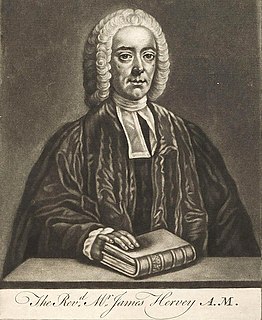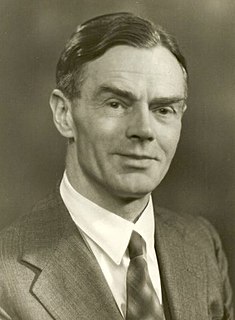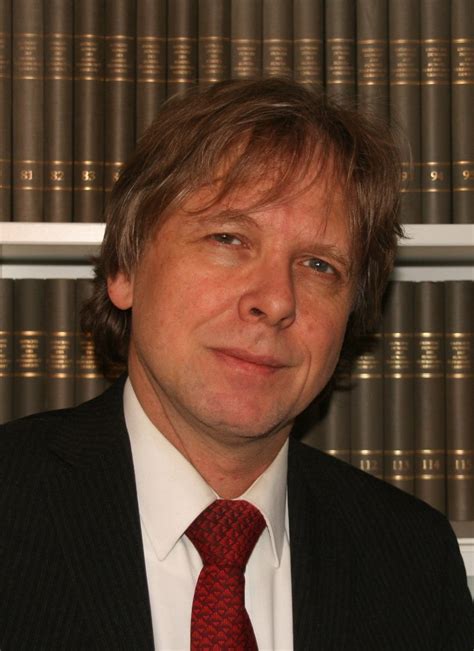A Quote by Erich Fromm
I believe that man is the product of natural evolution that is born from the conflict of being a prisoner and separated from nature, and from the need to find unity and harmony with it.
Related Quotes
By contrast with history, evolution is an unconscious process. Another, and perhaps a better way of putting it would be to say that evolution is a natural process, history a human one.... Insofar as we treat man as a part of nature--for instance in a biological survey of evolution--we are precisely not treating him as a historical being. As a historically developing being, he is set over against nature, both as a knower and as a doer.
Basically, there can only be two answers. One is to overcome separateness and find unity by regression to the state of unity which existed before awareness ever arose, that is, before man was born. The other answer is to be fully born, to develop one's awareness, one's reason, one's capacity to love to such a point that one transcends one's own egocentric involvement, and arrives at a new harmony, at a new oneness with the world.
Man wants to see nature and evolution as separate from human activities. There is a natural world, and there is man. But man also belongs to the natural world. If he is a ferocious predator, that too is part of evolution. If cod and haddock and other species cannot survive because man kills them, something more adaptable will take their place. Nature, the ultimate pragmatist, doggedly searches for something that works. But as the cockroach demonstrates, what works best in nature does not always appeal to us.
Suppose that thou hast detached thyself from the natural unity... yet here there is this beautiful provision, that it is in thy power again to unite thyself. God has allowed this to no other part, after it has been separated and cut asunder, to come together again. ...he has distinguished man, for he has put it in his power not to be separated at all from the universal ...he has allowed him to be returned and to be united and to resume his place as a part.
We are social animals. We like to feel a part of something of beauty and power that transcends our insignificance. It can be a religion, a political party, a ball club. Why not also Nature? I feel a strong identity with the world of living things. I was born into it; we all were. But we may not feel the ties unless we gain intimacy by seeing, feeling, smelling, touching and studying the natural world. Trying to live in harmony with the dictates of nature is probably as inspirational as living in harmony with the Koran or the Bible. Perhaps it is also a timely undertaking.
...the scientific attitude implies what I call the postulate of objectivity-that is to say, the fundamental postulate that there is no plan, that there is no intention in the universe. Now, this is basically incompatible with virtually all the religious or metaphysical systems whatever, all of which try to show that there is some sort of harmony between man and the universe and that man is a product-predictable if not indispensable-of the evolution of the universe.




































